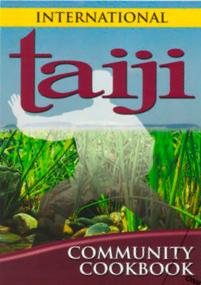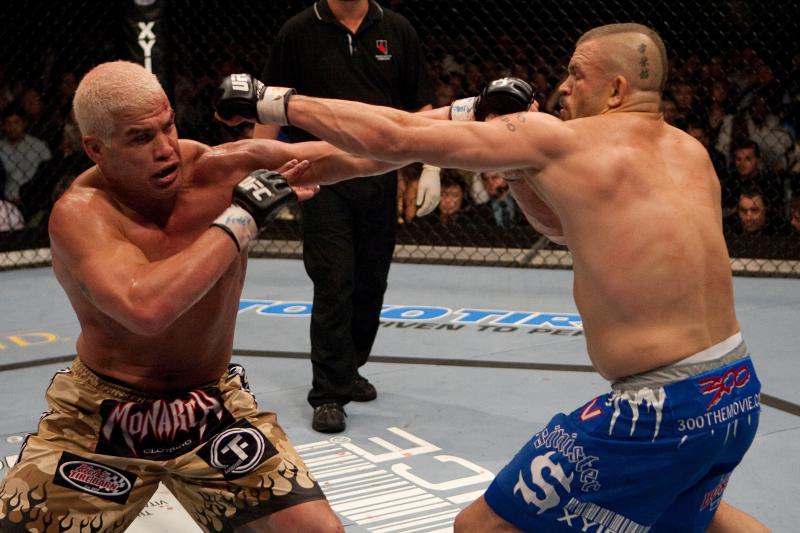
This I Believe is an international project engaging people in writing and sharing essays that describe their core values. More than 90,000 of these essays, written by people from all walks of life, are archived on their website.
Naturally, some essayists shared their beliefs on, and experience with martial arts. Here are a few of their stories.
Life Is A Spiritual Struggle
by Joseph Laycock (Brighton, Massachusetts)
Over the din of boxing gloves pounding against leather bags, I struggle to hear this Brazilian explain yet another way to choke someone unconscious. This is a martial arts gym. Most of the regulars are amateur fighters with dreams of going professional. When they’re not here, some of them work as firefighters or bouncers. I’m definitely the only schoolteacher in the room.
My students take interest in my training. Sometimes I’ll enter the classroom with bruises or a slight limp from the gym. In world history, I’ll discuss the cultural significance of the fighting styles I study. In Thai kickboxing, the eight striking weapons — fists, shins, elbows and knees — represent the eight-fold path of the Buddha. Brazilian jujitsu has more improvisation than Japanese martial arts, which reflects different cultural attitudes towards tradition.
Every class asks me the same questions, “Have you ever beat anyone up?” And, “Why are you a teacher instead of a professional fighter?” When I tell them the truth — that I have never been in a fight and have no aspirations to go professional — I get a range of reactions from disappointment to accusations of cowardice.
“So why do you do it,” they always ask.
I believe that life is a spiritual struggle. My battle is not against another fighter but against the unjust and apathetic system that is attacking my students… [continued]



